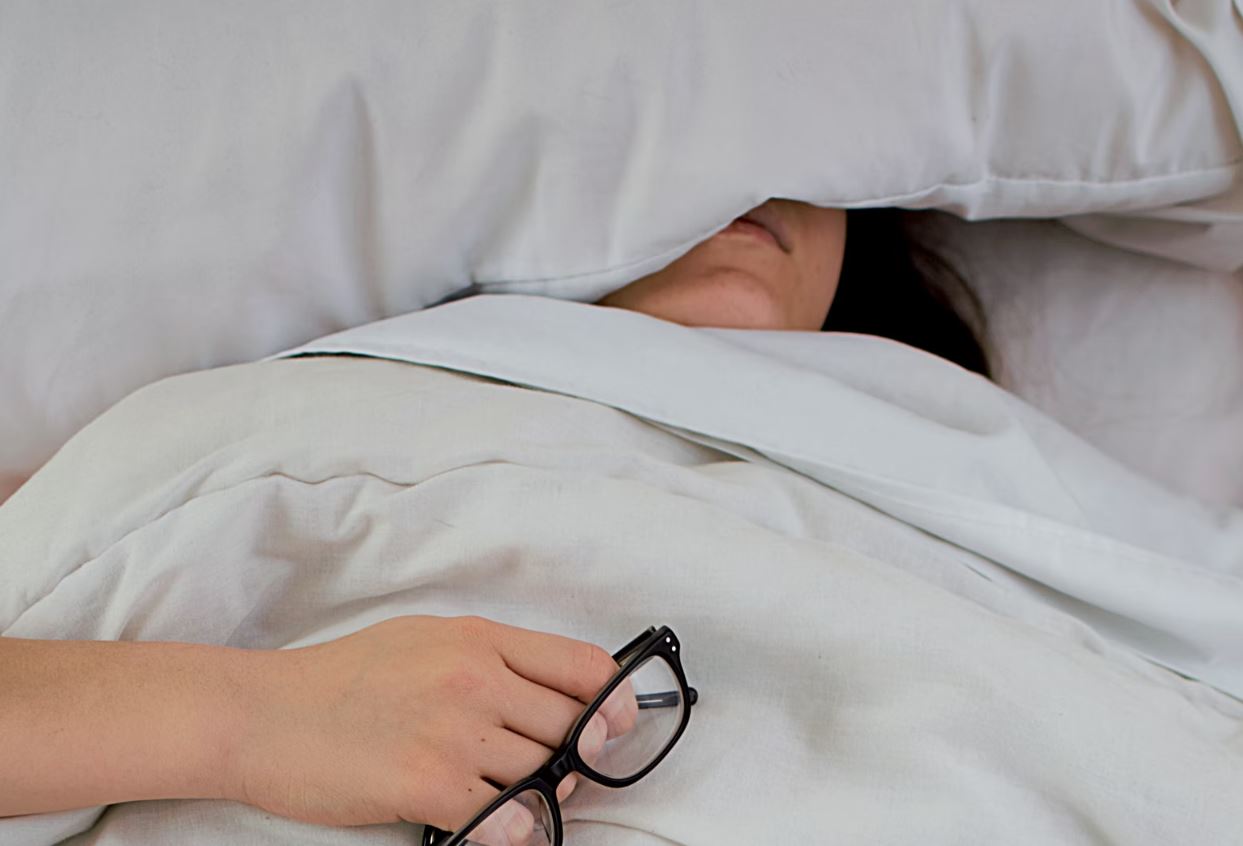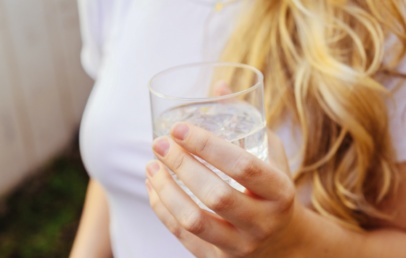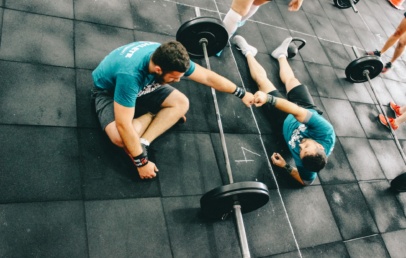
Some foods are best left for the following day.
When it comes time to go to bed for the night, your body’s processes tend to shift a little. Things wind down, certain things ease off, and your body focuses more on building and conserving energy. But of course, we’ve all felt the siren call of the midnight snack, and while certain foods are okay, other foods can make it much harder to get a good night’s sleep to due how they affect your resting body.
The most obvious culprits of lost sleep are caffeine and sugar. Everyone processes caffeine and sugar differently, so it can take your body a varying amount of time to burn through them. If it hasn’t done that by the time you want to go to bed, you’re gonna be laying awake while your system desperately tries to finish its leftover work. Stimulating, spicy foods have this same problem, as the sensation of spiciness is akin to one of pain. When your body thinks it’s in pain, the last thing it’s gonna do is try to wind down, doubly so if that spiciness ends up giving you heartburn.
Some folks try to go the other route and consume depressants, I.E. alcohol. Yes, alcohol will technically slow your processes down and can make you sleepy, but the minute it wears off, you’ll snap right back to normal, likely with a hangover. Going to sleep intoxicated is a great way to wake up in the middle of the night with a headache.
Even if you don’t eat anything especially stimulating, just eating large quantities in general can make it harder to sleep. Eating a big, heavy meal within a few hours of bedtime will raise your core body temperature as it tries to process all that food. If you don’t mind sleeping while hot, great, but for those of us who need it cool, it’s a sweaty waking nightmare.
So if you can help it, maybe just try not to eat anything close to bed time, yeah? Or at the very least, keep it simple and mild, like a cracker or something.




